Resolute on Iraq: To What End?
As the White House sound-bite machine presses to remain resolute to ensure "success in Iraq," the author wonders whether "the Decider" has any concept of what we're staying the course for at this point in the war.Don’t think it’s over, folks. Even though Republican senators are coming to their senses about George of Arabia’s tragic war in Iraq, and even though Democrats seem to have remembered why voters put them in charge of Congress, no one should be lulled into thinking there’s any guarantee that sanity will prevail.
This is the Decider we’re talking about, after all.
Pay attention to what White House spokesman Tony Snow said Monday, knocking down a report that some presidential advisers were advocating troop withdrawals: “There is no debate right now on withdrawing forces right now from Iraq.”
I suppose that second “right now” in Snow’s response leaves open the possibility that officials are talking about a pullout some time in the near future. But I doubt it. Allowing himself to be forced to retreat from Iraq would ruin George W. Bush’s fantasy of someday being seen as a latter-day Churchill. Bush keeps a bust of the British leader in his office, and has praised Churchill for being so “resolute.”
Since I know he’s read a book or two about his hero, hasn’t Bush gotten to the part about how Churchill, T.E. Lawrence and Gertrude Bell created Iraq at the fateful Cairo Conference of 1921? And how the object was to get British forces out of Mesopotamia, leave the fractious locals to their own devices and wish them the best?
“Our object and our policy is to set up an Arab government,” Churchill told Parliament later that year, describing the new country he had helped design, “and to make it take the responsibility, with our aid and our guidance and with an effective measure of our support, until they are strong enough to stand alone, and so to foster the development of their independence as to permit the steady and speedy diminution of our burden.”
Bush’s contribution is essentially to have destroyed the Iraq that Churchill cobbled together.
In the coming weeks, as more members of Congress distance themselves from Bush’s war, some will blame the failure of the U.S. occupation not on the president but on the Iraqi leadership. Prime Minister Nouri al-Maliki and his parliament, we will be told, failed to make the “tough decisions” that could have ended the sectarian civil war and allowed a pro-Western democracy to grow and flourish.
It’s convenient to put it all on those disputatious Iraqis, but it’s also unfair. Bush’s invasion so thoroughly obliterated the apparatus of the Iraqi nation-state that the populace was left with nothing to rally around but sect, clan and ethnicity. Where else were people to turn in the midst of post-invasion chaos? How else were they to ensure that their interests were protected?
I don’t see how anyone can realistically expect Bush to change course at this late date. It wouldn’t be “resolute,” in his understanding of the word, to acknowledge that he made a terrible mistake. What he can do instead is play for time and hope for some sort of deus ex machina intervention that miraculously saves the day.
Three more Republican senators (Pete Domenici, Judd Gregg and Lamar Alexander) gave up on Bush’s current Iraq strategy over the past week, and at this rate there will soon be a Senate majority for “timetables” or “phased withdrawals” or “redeployments” — whatever you want to call the beginning of a pullout.
But Bush has options. He is already demanding more time, beyond September, for his “surge” to work. If that doesn’t fly, he can announce yet another “new” approach to fighting the war. If no one buys that, he can agree to just shuffle U.S. forces around.
And if all else fails and Congress summons the will to mandate a timetable for withdrawals, Bush can counter with an offer to bring some troops home. After all, he boosted troop levels by more than 28,000 for the surge. He could withdraw that number and there would still be as many U.S. troops in Iraq as there were at the beginning of the year.
Democrats and war-weary Republicans on Capitol Hill are doing what their constituents want them to do — pushing George Bush to face reality in Iraq and bring American troops home. I just don’t see any signs that their message is getting through.
Pressed as to whether there was a debate in the White House concerning meaningful withdrawals, spokesman Snow said: “The conversation is always about what do you do to succeed in Iraq.” It doesn’t seem to make any difference that success is so vaguely defined. Being “resolute” is all that matters.
Eugene Robinson’s e-mail address is eugenerobinson(at symbol)washpost.com.
© 2007, Washington Post Writers Group
Your support matters…Independent journalism is under threat and overshadowed by heavily funded mainstream media.
You can help level the playing field. Become a member.
Your tax-deductible contribution keeps us digging beneath the headlines to give you thought-provoking, investigative reporting and analysis that unearths what's really happening- without compromise.
Give today to support our courageous, independent journalists.
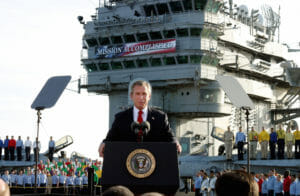
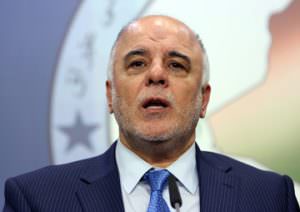

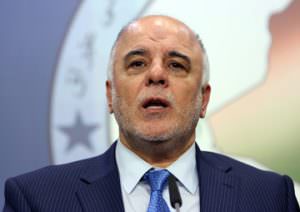
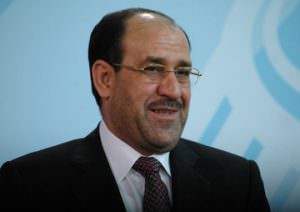
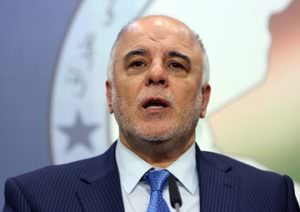
You need to be a supporter to comment.
There are currently no responses to this article.
Be the first to respond.